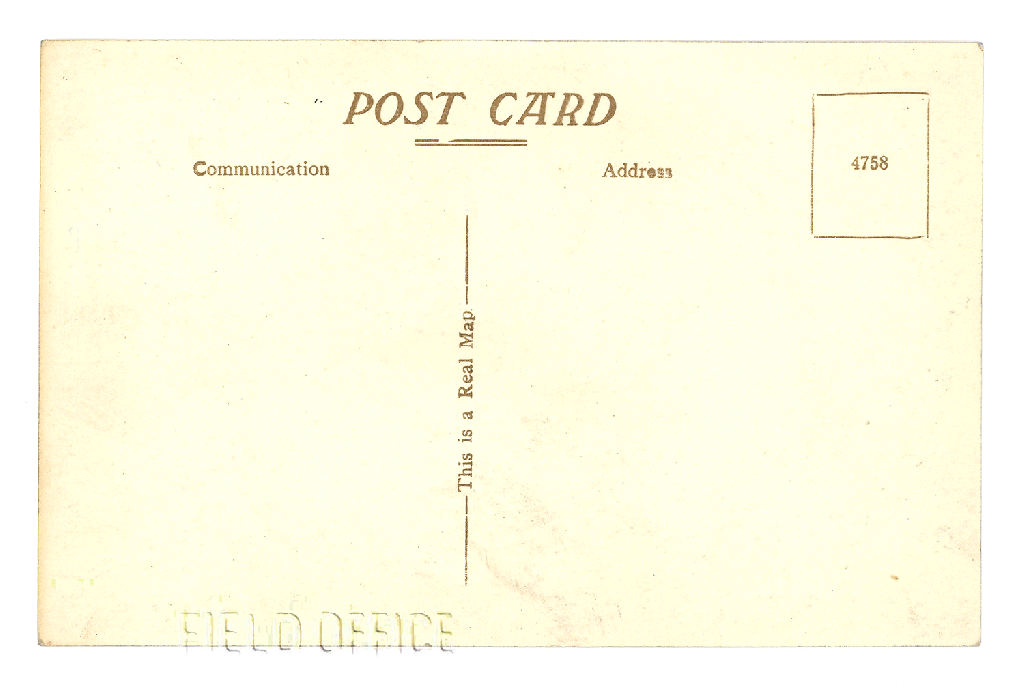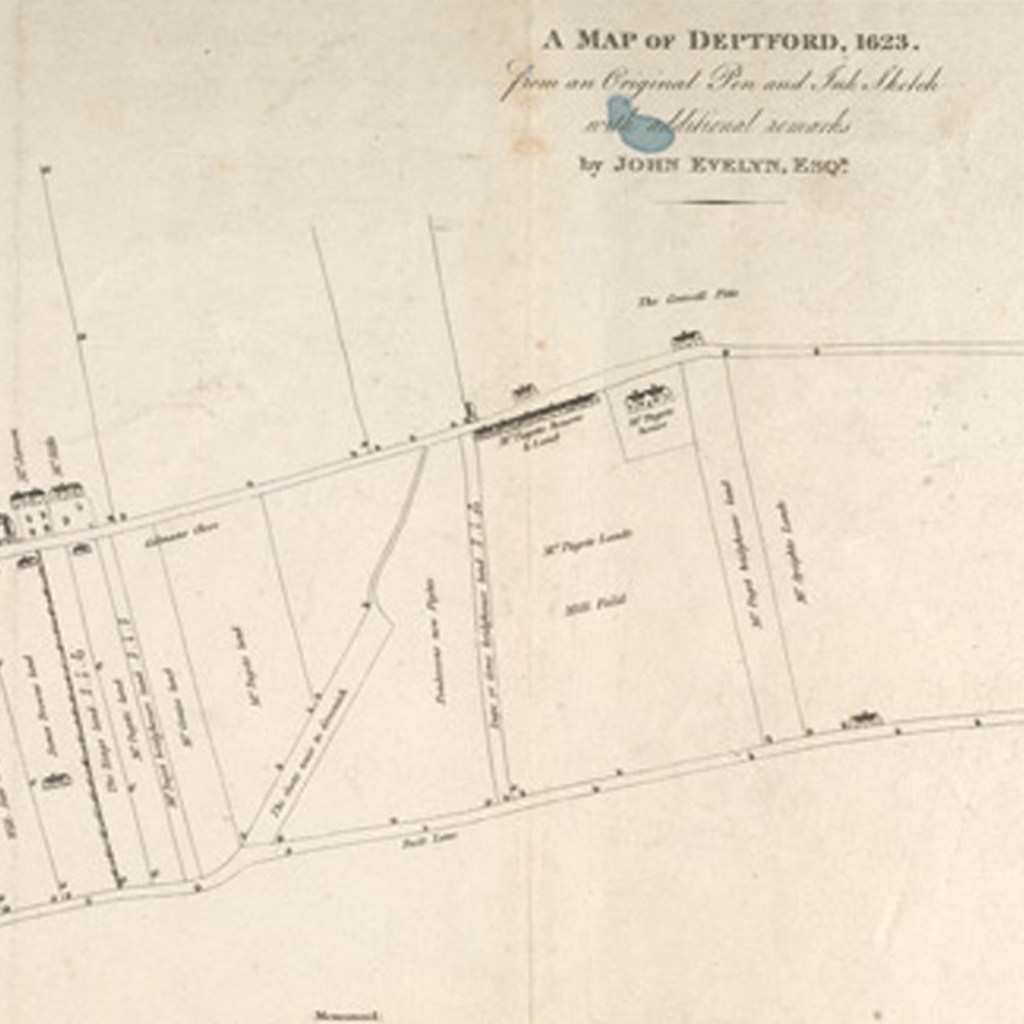Location: Sayes Court, London
Date: 13-14 October 2023

Summary:
Field Office workshops are a collaboration for founding and supporting new site-specific practices.
The workshops are for university design studios and emerging professional studios to explore new site-specific practices. Students and young practitioners, including architects, artists, ecologists, geographers, landscape architects, anthropologists, and urban designers, will develop new forms of grounded practice, from innovative digital methods to alternative approaches to design.
Participants will work with landscapes impacted by change, recognising that new situated approaches are needed to address emerging challenges, from community action to climate justice. Employing combinations of digital technologies, material techniques, and social methods, the workshops aim to forge new landscape relations from the ground up. Following Donna Haraway, the workshops argue for “politics and epistemologies of location, positioning, and situating, where partiality and not universality is the condition of being heard to make rational knowledge claims.” [1]
Workshop 01:
The first workshop, designed for teams to attend both in-person and remotely online, will be on 13-14 October 2023 in Deptford, London (UK). It is a partnership withSayes Court (CIC), a community organisation that has been developed through local resistance to a large ongoing urban regeneration project (Convoys Wharf). Sayes Court is a place that was historically the London home to John Evelyn, the author of ground-breaking books on urban forestry (Sylva) and air pollution (Fumifugium), and it is currently being developed as a public landscape and research centre.
With contributions from Akil Scafe-Smith (Resolve Collective), Elena Luciano Suastegui (Architectural Association/RCA), Jane Mah Hutton (University of Waterloo), Ken Worpole, and Roo Angell (Sayes Court), the first workshop will explore three questions: firstly, how projects create equitable and meaningful engagements with communities; secondly, how data that is collected and generated can be made accessible to communities that are part of sites; and thirdly, how study and design of a site/project, such as Sayes Court, can be distributed across a wider area. Participants will engage actively with these questions through site-specific research and design projects.
Places are limited. Apply by 22 September 2023.
About the Field Office:
The Field Office recognises that new landscape practices are needed to address challenges, from community action to climate justice. It organises biannual workshops – hybrid between situated and online – in partnership with local organisations, residents, and specialists. The research, design, and knowledge exchange workshops aim to support students and young practitioners who endeavour to experiment with alternative methods, investigate original approaches, and establish new models of practice.
It is led by Antonella Contin (Politecnico di Milano), Alfredo Ramirez (Architectural Association), Christina Leigh Geros (Royal College of Art), Dorothy Tang (National University of Singapore), Ed Wall (University of Greenwich), Gareth Doherty (Harvard University Graduate School of Design), Sandip Patil (CEPT University), Tim Waterman (The Bartlett, University College London), and Yu Ye (Beijing Forestry University).
Seed funding for the collaboration has been provided by the New Centre of Spatial and Digital Ecologies (University of Greenwich).
[1] Haraway, Donna. 1988. ‘Situated Knowledges: The Science Question in Feminism and the Privilege of Partial Perspective.’ Feminist Studies vol. 14, nr. 3, pp 575-599.
